About us

Christine Lizarraga
Christine Lizarraga is the Director of Training Operations of The Change Companies. Christine received her Bachelor's degrees in Psychology and Criminology from the University of New Mexico. Prior to joining Train for Change Inc., in 2015 Christine served as Project Manager on several NIH-funded grants and oversaw the day to day operations of numerous multisite trials studying the effectiveness of psychosocial and pharmacologic treatments for substance use disorders. Ms. Lizarraga was a researcher with the Southwest Node of NIDA’s Clinical Trials Network, a cooperative agreement between research institutions, front-line clinicians, patients and NIDA, with the specific aim to bring researchers and providers alike to work collaboratively to bring research and deliver new treatment options to patients in real-world settings. Dissemination and implementation of those research findings was a key role of Ms. Lizarraga’s work. Christine brings a solid understanding of evidence-based practices for addiction and best practices to promote dissemination in community settings.
clizarraga@trainforchange.net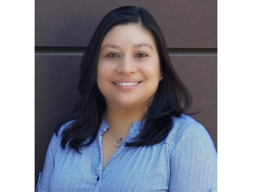
Candace Lizarraga
Candace Lizarraga is the Training Coordinator for Train for Change Inc. She holds a Bachelor’s degree with emphasis in Psychology and Counseling and Educational Psychology from New Mexico State University. Prior to joining Train for Change, she worked in educational and healthcare settings. In the school district, she worked to disseminate behavior change and substance use treatments to students in an underprivileged community. More recently, Candace worked at the Mayo Clinic and focused on strategies for facilitating positive relationships between patients and providers. Passionate about promoting awareness of evidence-based practices and implementing positive behavior change in community settings, Candace is proud to bring her skills to the Train for Change Inc. team.
candacel@trainforchange.net
Scott Boyles
Scott Boyles is a licensed addiction counselor, MINT trainer and the Senior National Training Director for Train for Change Inc.® Mr. Boyles has spent more than three decades in the behavioral health field and has many years of experience working with the ASAM Criteria. Mr. Boyles is one of the original early adopters of the ASAM criteria, starting in 1991.Before becoming a full-time trainer, Mr. Boyles used the criteria professionally as a counselor and director. From 2007-2011, Mr. Boyles also served as a member of the ASAM Steering Committee for the ASAM Patient Placement Criteria. He also spent many years as a site reviewer, monitoring programs’ application of the criteria. Mr. Boyles’ experience at all levels of service and observation has enabled him to understand trainees’ needs in both education and application at different levels of the service system. Since 1993, he has trained more than 8,000 people in proper use of the criteria. Mr. Boyles has passion and expertise in system-change approaches to support effective implementation and use of the ASAM criteria. He is well-known for his information, engaging, and entertaining trainings, which include practical, real-world applications.
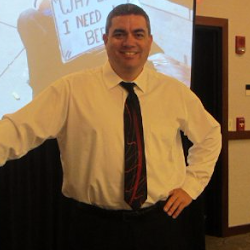
Glenn Duncan, MA
Glenn Duncan has been working in the behavioral healthcare field for 25 years. He has lectured nationally on many topics including the Diagnostic and Statistical Manual of Mental Disorders, clinical supervision, emerging drugs of abuse and the ASAM Criteria. Glenn is a Licensed Professional Counselor, a Licensed Clinical Alcohol/Drug Counselor, a Certified Clinical Supervisor, and an Approved Clinical Supervisor. Glenn has a Master’s in Clinical Psychology from Western Carolina University. Since 2003, Glenn has served as the Executive Director at Hunterdon Drug Awareness Program, Inc. in Flemington, NJ. Since 1999, Glenn has also specialized in, and has developed a lecture series on clinical supervision. He is a leading lecturer for both addictions and mental health professionals and trains nationally on issues regarding clinical supervision. Glenn authored a chapter on the use of live supervision in a community treatment organization for the book entitled “The Use of Technology in Clinical Supervision and Training: Mental Health Applications,” published in 2016.
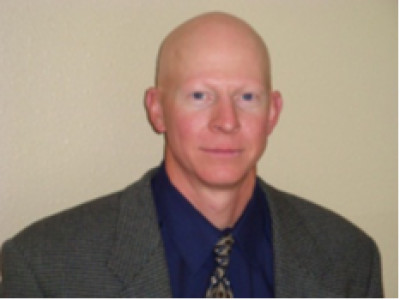
James Von Busch
James Von Busch has been a Licensed Professional Counselor in the State of Idaho since 1993. He has worked in both the agency setting as well as private practice providing Mental Health Counseling and Substance Abuse Treatment. His emphasis for treatment is on personal and relational recovery and restoration. James has also worked in the field of higher education, serving as a faculty member for the University of Nevada - Reno. He is a national trainer on several topics related to mental health and substance abuse treatment; he is dedicated to improving the mental and behavioral health of people.
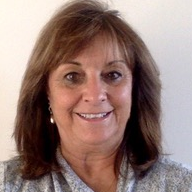
Dotti Farr
Ms. Farr provides training and consultation to private organizations, county governments, and state governments. Previously she was the manager of Clinical and Quality Management services for the Bucks County Department of Behavioral Health. She concurrently served as the Clinical Director for the Bucks County Drug & Alcohol Commission. Ms. Farr was a reviewer on the revised SAMHSA/CSAT TIP 42 on Co-Occurring Disorders, and continues to work with them as a consultant/reviewer. She has extensive experience as a trainer locally, regionally, and nationally. She works with providers to improve access to care, quality of services and treatment outcomes. Ms. Farr is an ASSIST 11 trainer, and has completed the NIATx Coaches Academy. She is trained in Motivational Interviewing by MINT Trainers and has presented numerous trainings on MI. She has also been trained as a trainer with the National Institute of Corrections in Effective Communication, a model designed to reduce recidivism in antisocial populations utilizing Motivational Interviewing principles, coupled with other best practice protocols. Certified as a trainer in Motivational Interviewing, Co-Occurring Disorders, Treatment Planning, and Forensics and Addiction, Ms. Farr conducts trainings for the State of Pennsylvania/Department of Health/Department of Drug and Alcohol Programs. She has contracted with ZIA Partners to consult with organizations interested in becoming Behavioral Health Centers of Excellence. Ms. Farr was awarded the Outstanding Practitioner Award at the 2006 Pennsylvania Co-Occurring Disorders Conference held in Hershey, PA, in recognition of her efforts at the national, state, and local level.
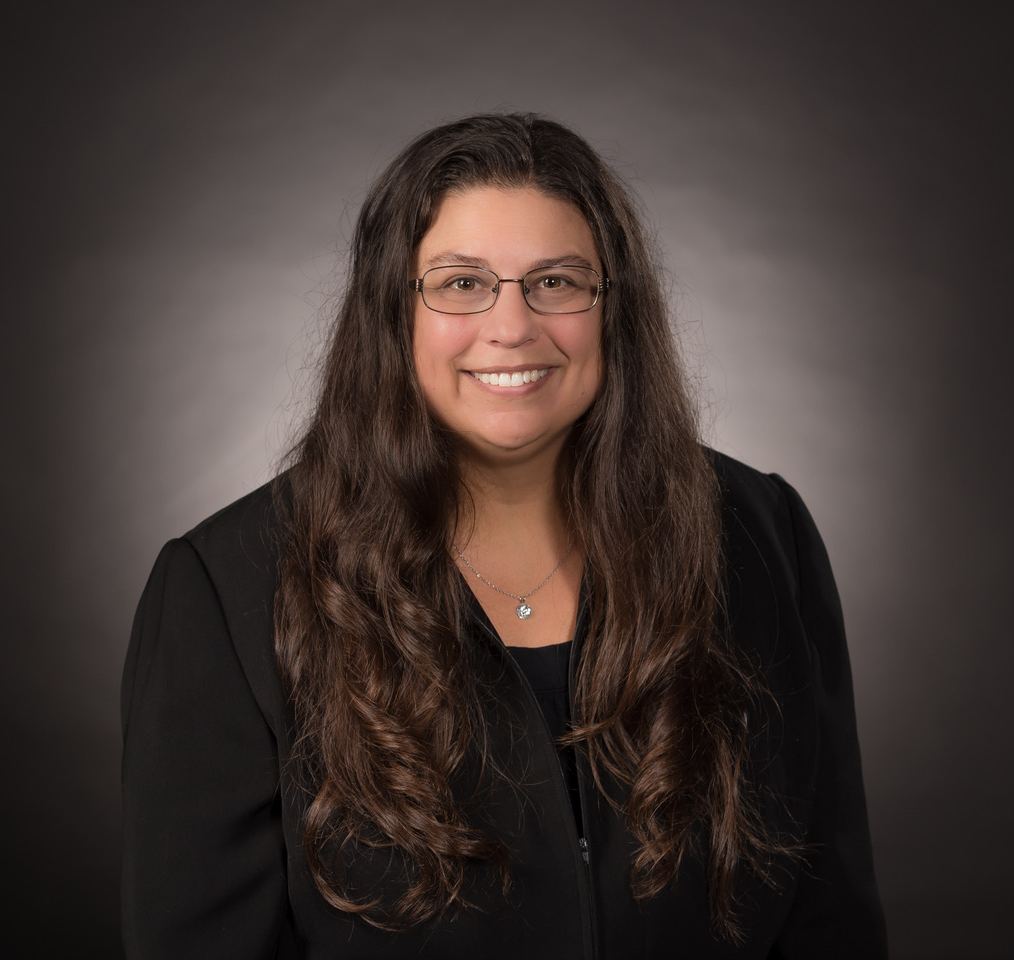
Christy Ellis-Trolian
Christy Ellis-Trolian, JD, MA, LPCC-S, LICDC-CS has over 25 years of experience in mental health and addictions counseling, supervision, and administration in a variety of settings in Ohio. Christy is a Licensed Professional Clinical Counselor with training supervisor designation (LPCC-S), a Licensed Independent Chemical Dependency Counselor – Clinical Supervisor (LICDC-CS), and an inactive licensed attorney at law. She holds a Juris Doctor, MA in Education in Community Counseling and a Bachelor of Arts in Psychology all from the University of Akron in Akron, Ohio. In addition to her experience in the behavioral health field, Christy also has worked in higher education for the last several years. As an adjunct professor at Tiffin University, she teaches graduate level courses including Mental Health Law and Drugs and Society. As the founding Director of the Center for Addictions at Ashland University, she developed five addictions counseling courses, a Minor in Addictions, and an Associate of Arts with a Concentration in Addictions. Christy has conducted trainings and presentations for treatment professionals for many years at the local and state level. Christy also volunteers her time for the Richland County Mental Health and Recovery Services Board in conducting professional trainings, community education and awareness, and assisting with levy campaigns.

Dianna Miller, LCPC, LMHC, CRADC, SAP, CEAP
Dianna has been in the Behavioral Health field for over 20 years as a Counselor, Clinical Supervisor, and Executive Director of Substance Use/Mental health agencies. Dianna holds two master’s degrees in Addiction Studies and Clinical Psychology. She is licensed as an LCPC, LMHC and certified as a CRADC, SAP and CEAP. Currently an owner/therapist of Acceptance Counseling, a private practice in the Western Suburbs of Chicago started in 2018. Dianna has been an adjunct professor in the Addictions Studies and Psychology Programs at Governors State University since 2005. In her consulting role, she conducts clinical training to agencies and groups, as well as Clinical Supervision. Dianna has been a member of the IABH board since 2016 and a member of the Governors State Behavior Health Advisory Board since 2005.
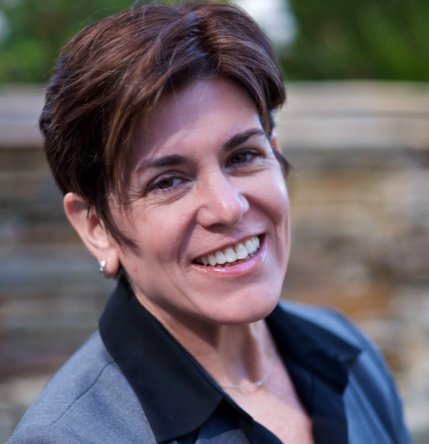
Kristin Dempsey
Kristin Dempsey, EdD., LMFT, LPCC is psychotherapist in private practice, educator, and trainer. She specializes in working with individuals struggling with co-occurring mental health conditions, addictions, trauma, anxiety, and depression. She is full-time faculty at the Wright Institute MA Counseling Program (Berkeley, CA), and trains clinicians and students in a number of evidence-based therapy practices including Motivational Interviewing, Cognitive Behavioral Therapy, Applied Suicide Intervention Skills Training (ASIST), and the Neurosequential Model of Therapeutics (NMT). She also provides consultation to behavioral health systems seeking to improve their recovery-oriented, culturally responsive, and trauma-informed practices.

Raymond Anderson
Raymond Anderson (Ande) is the Director of Training at Life Link Training Institute headquartered in Santa Fe, New Mexico. He is licensed in the State of New Mexico as an LPCC and LADAC. Raymond has degrees in Counseling, Theology, and Health and Human Services. He has been a public trainer for decades and currently trains in Community Reinforcement Approach (CRA), Community Reinforcement and Family Training (CRAFT), Motivational Interviewing (became a MINT trainer in 2002), Question, Persuade, Refer (QPR), and New Mexico SBIRT. He has trained agencies in best practices in the US and as far as Australia and New Zealand.
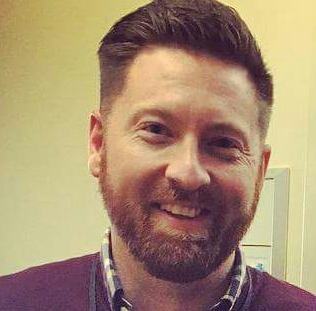
Bernie Showers
Dr. Bernard Showers, DSW, LCSW, earned his MSW at Shippensburg University in 2010, where he is now an Adjunct Professor. Mr. Showers also works as an Adjunct Professor for the University of Maryland School of Social Work in Baltimore, MD, and Simmons University School of Social Work in Boston, MA. In the fall of 2018, he was awarded the Dean’s Teaching Award at the University of Maryland due to instructional excellence. In September 2016, he attended the Motivational Interviewing Network of Trainers Train-the-Trainer event and is now one of 1,500 MINT members worldwide. Mr. Showers has trained aspiring and active independent practitioners at many colleges, universities, governmental agencies, and companies around the United States. In addition to Motivational Interviewing, Mr. Showers has developed, presented, and published several continuing education workshops on family involvement in substance use treatment, ASAM criteria, Cognitive-Behavioral Therapy, and group therapy. Bernard earned his DSW as part of inaugural class of The University of Kentucky’s Doctorate of Social Work (DSW) program. In July 2021, Bernard Showers was the lead author on the manuscript "Medication for Opioid Use Disorder in Rural America: A Review of the Literature" published in the APA’s Journal of Rural Mental Health.

Catherine Chichester
Catherine S. Chichester is an advanced practice nurse with certification as a Clinical Nurse Specialist in Adult Mental Health and Psychiatric Nursing and holds a Master's degree in Nursing Administration from Georgetown University. Recognized as a change agent she has written, directed, and consulted on multiple grant-funded projects spanning the areas of integration of co-occurring disorders, behavioral health and health care, criminal justice and behavioral health, and evidence-based behavioral health services. She serves as the Executive Director of the Co-Occurring Collaborative Serving Maine which she had led for the past 25 years, during which the Collaborative has been recognized both statewide and nationally for creating system change with respect to the services for co-occurring mental health and substance use disorders. She also is an adjunct faculty at a local university and maintains her clinical practice skills, performing admission assessments at a local psychiatric hospital.
Ellen Pallme
Ellen Pallme, MSW, LCSW, LCAS, CCS is a practicing licensed clinical social worker and additions specialist. For the past five years she has devoted her time to clinical supervision and training new clinicians entering the field. She became a member of MINT in 2015 and has focused on developing skills with co-occurring disorders. Ellen has pursued her interest in helping trauma survivors by becoming a certified yoga teacher to include movement in therapy.
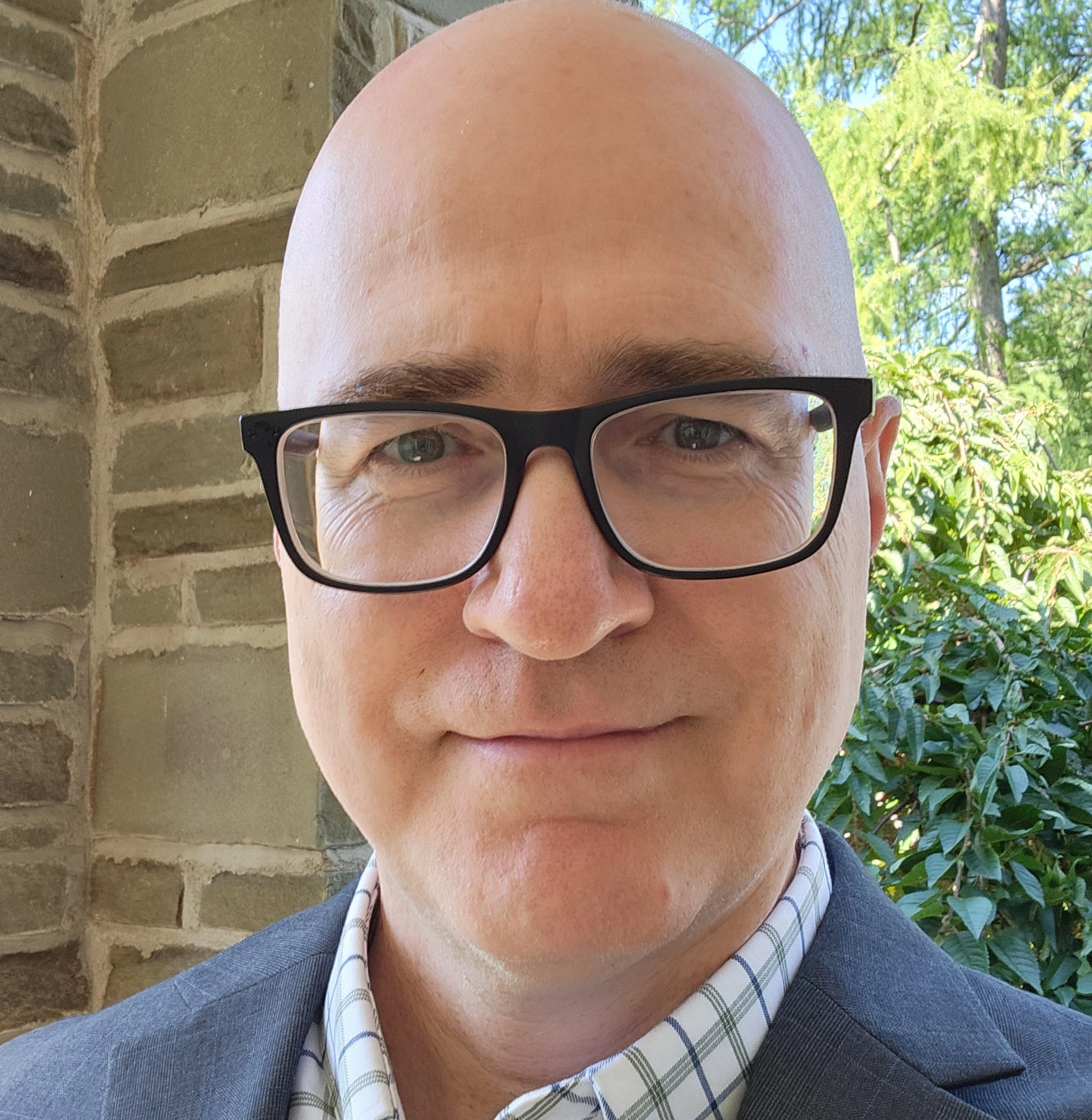
Mathew Roosa
Mathew Roosa, LCSW-R is a consultant who provides training, coaching, technical assistance and planning support to universities, research studies, governments and health and human service provider organizations. He was a founding member of NIATx, and currently works part time at the UW Madison Center for Health Enhancement Systems Studies (CHESS). Focusing on quality/ process improvement and implementation of evidence based practices, Mr. Roosa’s experience also includes psychotherapy for mental health and substance use in agencies and private practice, teaching at the undergraduate and graduate levels in Human Services and Social Work, agency administration, and governmental planning.

Todd Molfenter
Todd Molfenter, PhD has spent the last decade leading the application of NIATx change methods to improve health and health system performance. The NIATx model described in today’s presentation has been found to be effective in 30+ peer-reviewed publications and has consistently provided a tool to implement successful beneficial change within healthcare organizations.
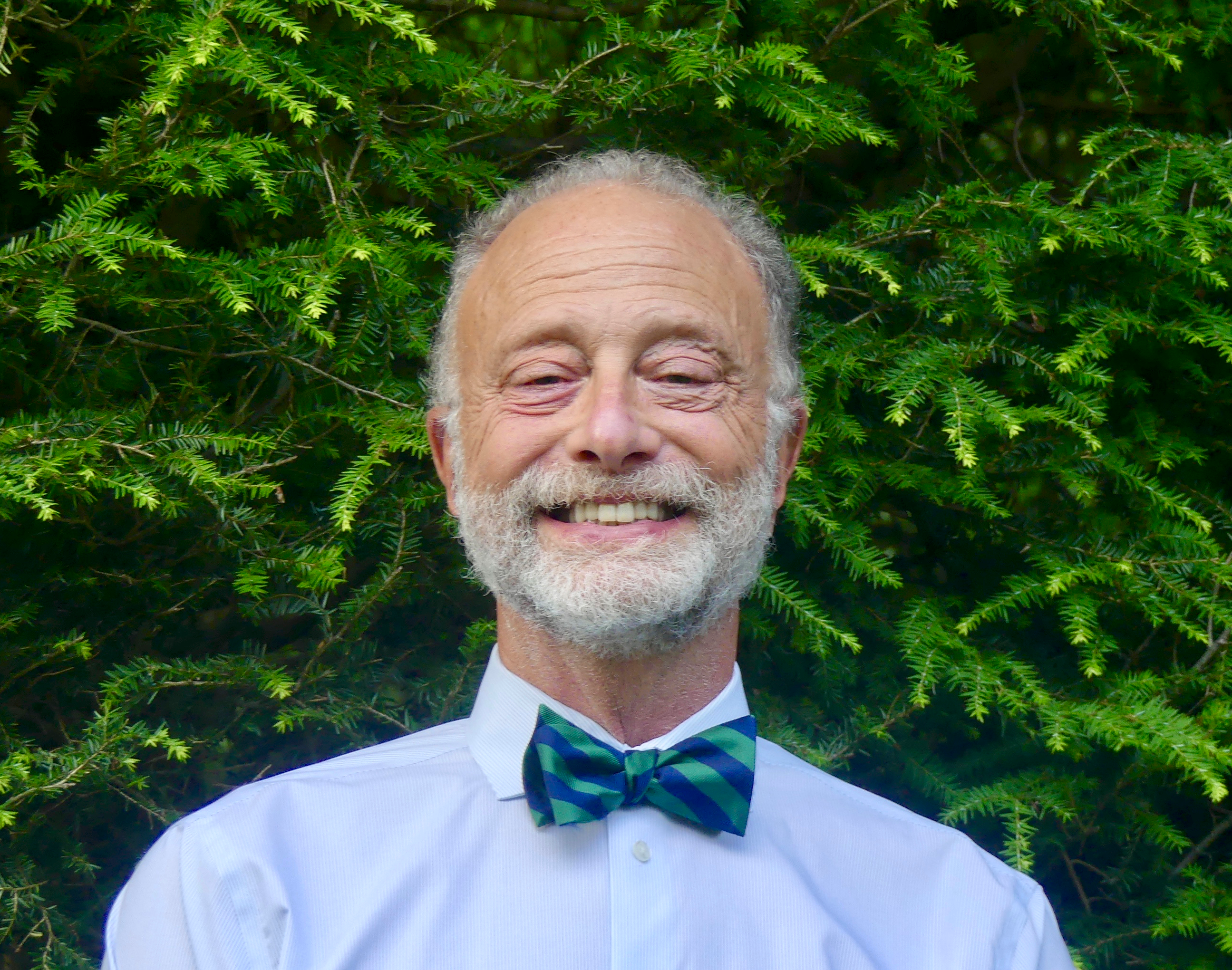
Todd Mandell MD
Dr. Mandell attended the Boston University School of Medicine and completed his training in Psychiatry at the University of Massachusetts Medical Center in 1989. He is a diplomat of the American Board of Psychiatry and Neurology with Added Qualifications in Addiction Psychiatry and is a Fellow of the American Society of Addiction Medicine. Dr. Mandell has more has more than 30 years experience in the field of co-occuring psychiatric and substance abuse disorders both in direct clinical service and administration. His areas of expertise include: Medication assisted treatments for substance use disorders, Co-occuring mental health and substance use disorders, Outreach to communities and the provision of technical assistance to providers, and Risk management and quality improvement.
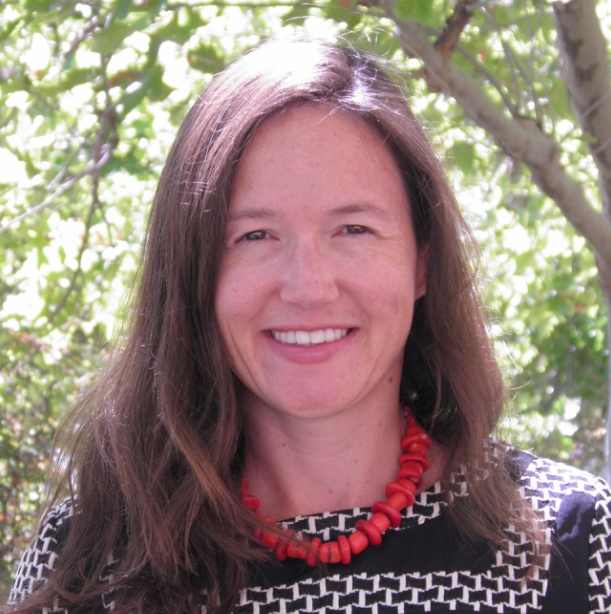
Claire E. Wilcox, MD
Claire E. Wilcox, MD is an associate professor at the Mind Research Network, in Albuquerque New Mexico, and an adjunct faculty at the University of New Mexico. Dr. Wilcox received her medical degree at the University of Minnesota, did a residency in internal medicine at the University of Colorado Health Sciences Center, and a second residency in psychiatry at the University of California at San Francisco as well as a fellowship in Addiction Psychiatry at the University of New Mexico. She is board certified in psychiatry and addiction psychiatry. She has treated hundreds of patients with addictive disorders using evidence-based pharmacologic and behavioral interventions. In addition, she has served as a co-investigator or principal investigator for numerous NIH-funded grants examining the effectiveness of pharmacologic treatments for addiction, including two NIDA Clinical Trials Network (CTN) grants. Her research also has focused on trying to improve our understanding of the neural mechanisms of change during treatment for addictive disorders, and is experienced in using functional magnetic resonance imaging to explore these questions. Finally, she is a member of Motivational Interviewing Network of Trainers, and is skilled in using motivational interviewing in a variety of settings and patient populations and providing trainings. She is also an associate editor for the New England Journal of Medicine Journal Watch, which disseminates summaries of important research to practicing clinicians throughout the world. Dr. Wilcox is nationally-recognized for her broad clinical, research, and educational contributions, and is passionate about improving care through all of these modalities for the treatment of addictive disorders.

Kamilla Venner, PhD
Kamilla Venner, PhD, is a member of the Athabascan tribe and is an Assistant Professor of Psychology at the University of New Mexico, as well as a MINT trainer since 2002. She has conducted research testing the effectiveness of motivational interviewing with American Indians. Her expertise is sought after by researchers around the world testing MI with indigenous populations. The vast majority of Dr. Venner’s MI training has concentrated on American Indian/Alaska Native and other indigenous communities interested in this approach. She has training in Motivational Interviewing for Supervisory Training (MIST) and the Motivational Interviewing Assessment – Steps Toward Enhancing Proficiency (MIA-STEP) to work with supervisors who are training and monitoring MI practice in their staff. In addition to MI, Dr. Venner has provided training in the Community Reinforcement Approach (CRA) and is proficient in the Community Reinforcement and Family Training (CRAFT) approach. Projects have included improving oral health, decreasing obesity in infants, improving diabetes management and other behavioral health issues, such as substance use problems. She enjoys working in partnership with communities and agencies to see how evidence-based treatments may fit best for their clientele.

Wilmina Rosario, PhD
Dr. Rosario has extensive experience as a clinician, in clinical supervision and as a trainer of behavioral health clinicians on a wide range of topics. Dr. Rosario is a Professional Counselor Supervisor, (LPCS), Licensed Clinical Addiction Specialist (LCAS), and Certified Clinical Supervisor (CCS). She is also a Nationally Certified Counselor (NCC) and a Certified Clinical Mental Health Counselor (CCMHC). She has knowledge and extensive experience counseling individuals, families and communities affected by substance misuse and substance use disorders, as well as in counseling individuals with co-occurring mental health disorders. Dr. Rosario has worked as a clinician, clinical supervisor, program supervisor and as Division Director in the substance use and mental health fields since 1987. Her training experience encompasses a wide range of counseling and clinical supervision related topics; including providing ongoing clinical supervision and training in the utilization for the use of the ASAM Criteria (2013) in patient screenings, assessments and treatment planning as an integral aspect of person centered care.

Eleni McNeil
Eleni McNeil is a Licensed Clinical Social Worker in the state of Virginia. Her educational background includes an MSW from Virginia Commonwealth University and a BS in Psychology, Minor in Sociology from Radford University. Her professional experience over the last 15 years has included working with several populations, such as domestic violence, children, adults with SMI, and substance use, in many different settings, including community, residential, outpatient, and the legal system. While the numerous roles held over the years have been invaluable, Eleni is most passionate about working with those with addiction and has had the privilege of working as the addiction treatment services coordinator for her local community mental health agency for the last 5 years. She has experience providing trainings on co-occurring disorders, harm reduction, and substance use disorders. Eleni currently serves on a local Harm Reduction subcommittee, engages in community outreach, provides training to community partners, ensures agency programs adhere to best practice and licensing guidelines, provides clinical supervision to those pursuing licensure, as well as providing direct clinical services to those with substance use disorders utilizing evidence-based practices.

Jennifer Hettema
Jennifer Hettema is an Associate Professor in the Department of Family and Community Medicine (DFCM) at the University of New Mexico. She is a clinical psychologist and conducts research and teaching on brief behavioral health interventions in medical and other settings with an emphasis on promoting health equity. She is a member of the Motivational Interviewing Network of Trainers and much of her work integrates this approach. Dr. Hettema is the Principal Investigator of several large federally funded grants investigating the impact of brief motivational interviewing on an array of behaviors, including unintended pregnancy, unhealthy alcohol use, drug use, and medication adherence. She develops curricula and teaches medical students, residents, faculty, and other community health providers. Dr. Hettema has extensive experience developing training and implementation plans for community organizations interested in adopting evidence-based practices.

Ashleigh Simon, MS
Ashleigh is the Clinical Director at The Bridge Addiction Treatment Centers, a non-profit organization serving adolescents throughout Alabama. Since 2004, Ashleigh has developed vital new programming, reinvented the clinical culture and increased the budget by over one million dollars at The Bridge. For more than two decades, she has provided therapy for teens and adults in Mobile County. Ashleigh has provided services as a trainer and auditor, including audit reviews of state programs. She has provided training on counseling, treatment and related topics, including the transtheoretical model, motivational interviewing, psychopharmacology, adolescent risk factors and screening instruments, Interactive Journaling®, compassion fatigue, countertransference and self-care, and outcome-informed treatment and tools. Ashleigh is a member of the Children’s Policy Council, the Community Collaboration Group, the Community Advocacy Group and the Juvenile Justice Stakeholder Group. She serves as a mentor for the American Counseling Association and is a member in good standing with the American Counseling Association, Alabama Counseling Association, and the Mobile Area Licensed Professional Counselors Association. Additionally, she has received the Spirit of Recovery Award. She holds licenses as a Licensed Professional Counselor (LPC), Counseling Supervisor (LPC-S), National Certified Counselor (NCC), Clinical Supervisor (ACS) and Certified Adolescent Alcohol and Drug Abuse Professional (CAADP).
We customize training curricula to suit your needs

Get in touch
©Train for Change™ 2026. All rights reserved.